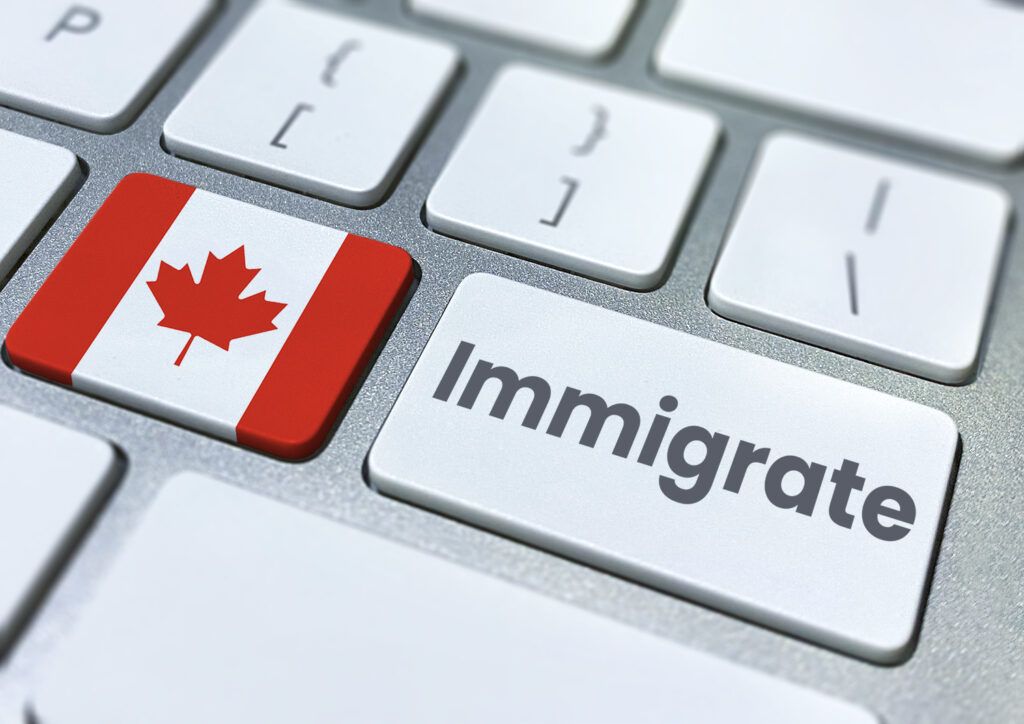Suppose you are already living in Canada but without permanent residency, and you have a partner who is a Canadian citizen or permanent resident in the country. In that case, your spouse or common-law partner can sponsor your permanent residency through inland sponsorship. Learn more about it in this article.
What Is Inland Spousal Sponsorship in Canada?
In the Inland Spousal Sponsorship, Canadian citizens and permanent residents can sponsor a relative who is not Canadian and is living in Canada. They only need to prove that they have enough income to support the sponsored relative and pay the other expenses like tuition or medical bills.
That means Canadian citizens and permanent residents can sponsor their spouses or common-law partners. However, there are some conditions they need to follow to do this.
What Are the Eligibility Requirements
To be eligible for the Inland Spousal Sponsorship, the sponsor should have the following qualifications:
- The sponsor should be a Canadian citizen or a permanent resident of Canada who has lived in the country for at least a year.
- The sponsor should be over 18 years old. The sponsor should be financially capable of supporting the sponsored spouse or common-law partner.
- The sponsor should be of good character, and the Canadian immigration authorities will confirm this through a background check.
- The couple needs to have lived together for at least a year before the sponsorship.
Spousal Sponsorship in Quebec
The province of Quebec has its immigration laws, and it has its sponsorship program. If the sponsor lives in this province, the sponsored person should meet additional requirements such as holding valid and temporary status in Canada (visitor, student, or worker) and not being a close blood relative of the sponsor.
How to Apply for an Inland Spousal Sponsorship in Canada?
Sponsoring a spouse for immigration doesn’t have to be a complex process. You need to visit the immigration office with your sponsored spouse. There, you will be asked to fill in forms, submit the sponsorship package, and do a medical examination.
You should collect all the documents required for the spousal sponsorship, especially proof of the following:
- Your marriage certificate
- Your birth certificate or a copy
- Your certificate of divorce, if you were divorced
- Any documents proving that you are a Canadian citizen or permanent resident
- Proof of employment or a business that meets the financial requirement
- Proof of financial support that can be a bank statement, a pay stub, or an employment letter
- A copy of your credit report
- If you already have permanent residency, you must also prove that you live with the principal applicant
If you are a sponsored spouse or common-law partner, you must also provide the following documents:
- Your birth certificate, showing your relationship with the sponsor
- Your marriage certificate, if you were married to the sponsor
- Your divorce certificate, if you were divorced from the sponsor
- Your certificate of custody for your children if you are the common-law partner of the sponsor
- A police certificate
- A medical exam and a medical report
You will then receive an interview notice, and you must go for a personal interview. The interview will confirm the facts in your application and for getting your permanent residency.

Conclusion
The Inland Spousal Sponsorship is a program that allows you to sponsor your spouse, common-law partner, or conjugal partner. It is one of the easiest and fastest ways of immigrating. However, you should prepare yourself first and follow the stipulated process when applying to ensure your approval.
If you’re looking for professional help from a trusted firm, please contact us at info@brightimmigration.com or call 1-888-404-8472.



